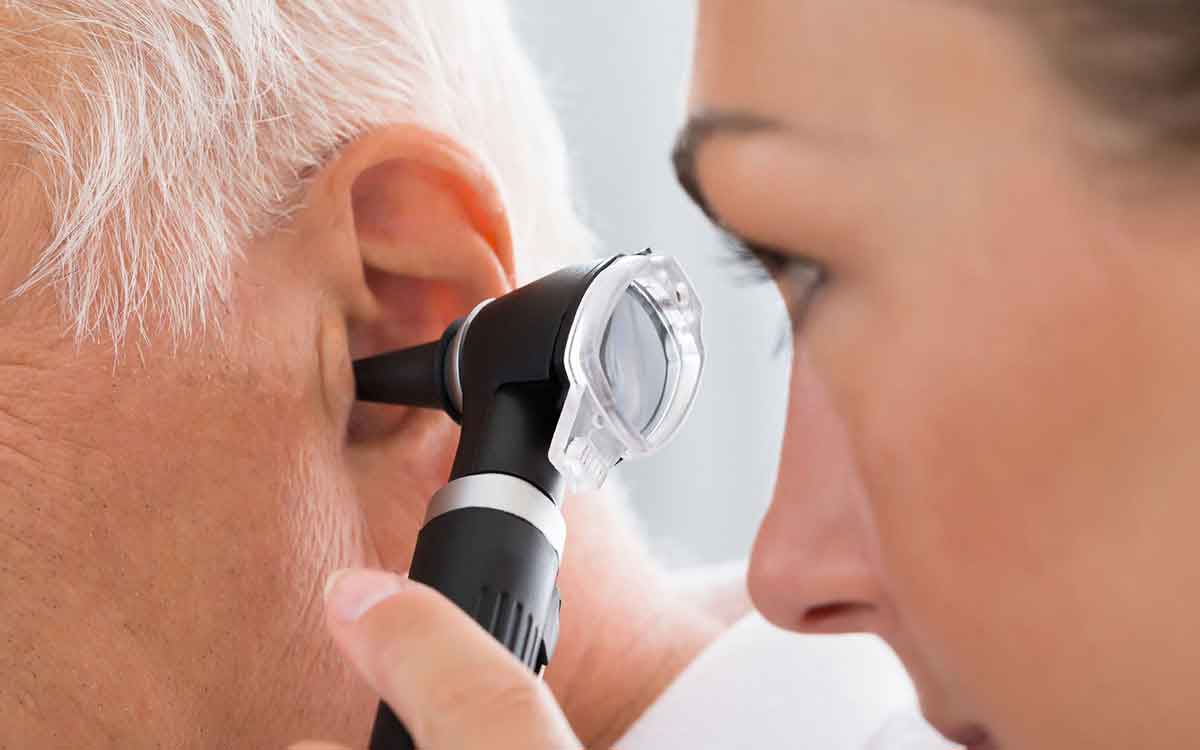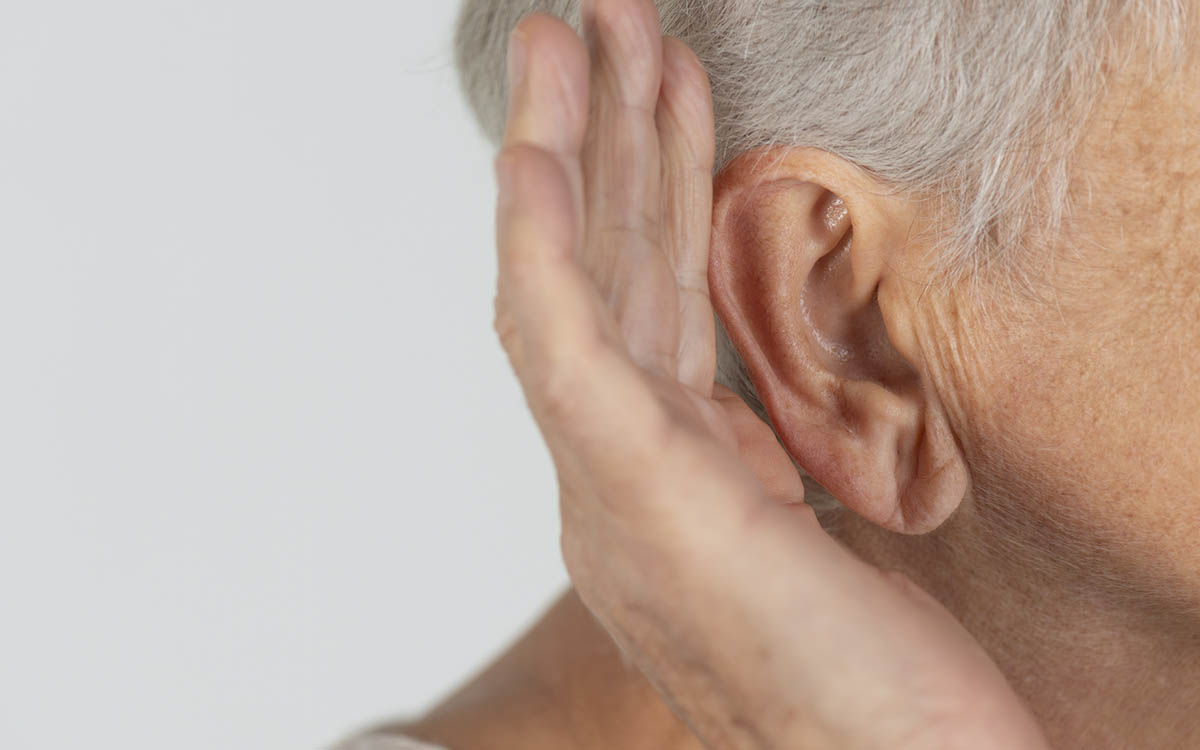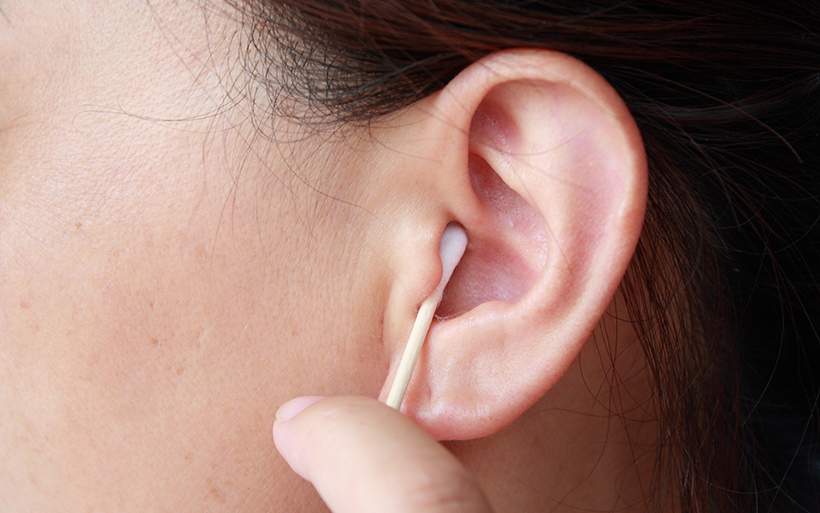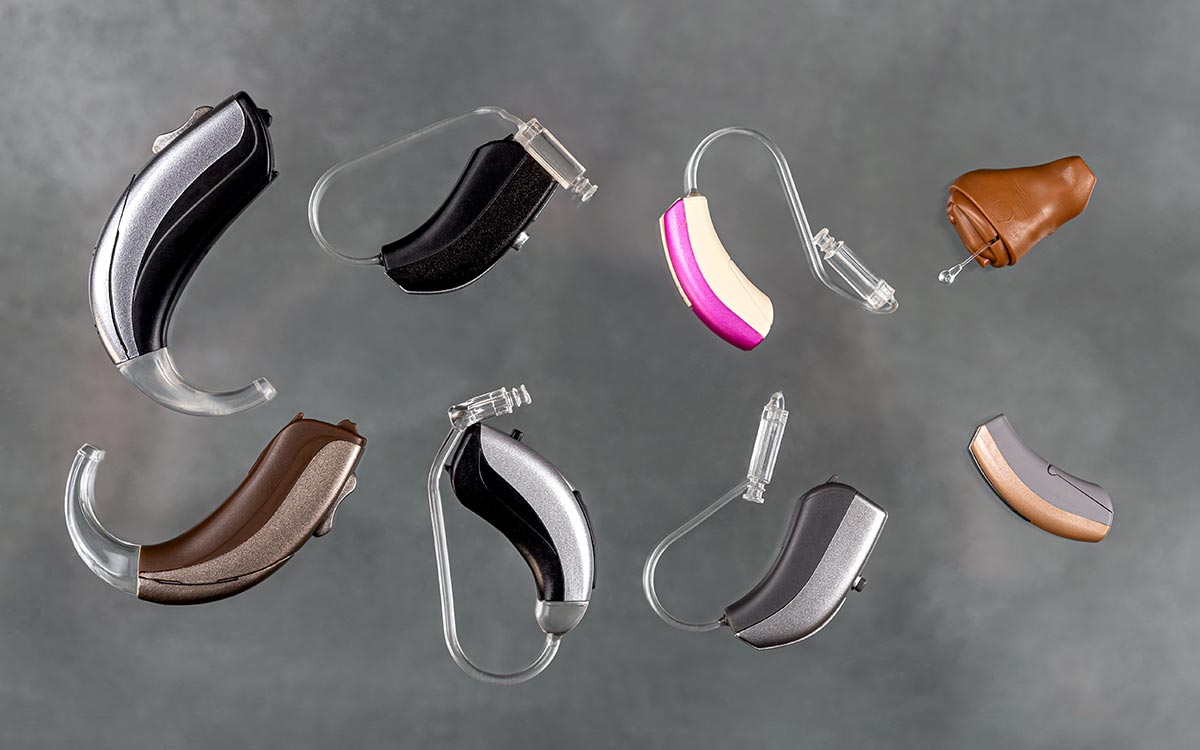
Early Signs of Hearing Loss: What to Watch For
The gradual nature of hearing loss often causes preliminary symptoms to be overlooked. It is common for people to adjust to hearing shifts by elevating device volume and steering clear of gatherings with significant background noise. Seeking an early diagnosis can help with optimizing daily communication. Common Symptoms of Early Hearing Loss If you observe









